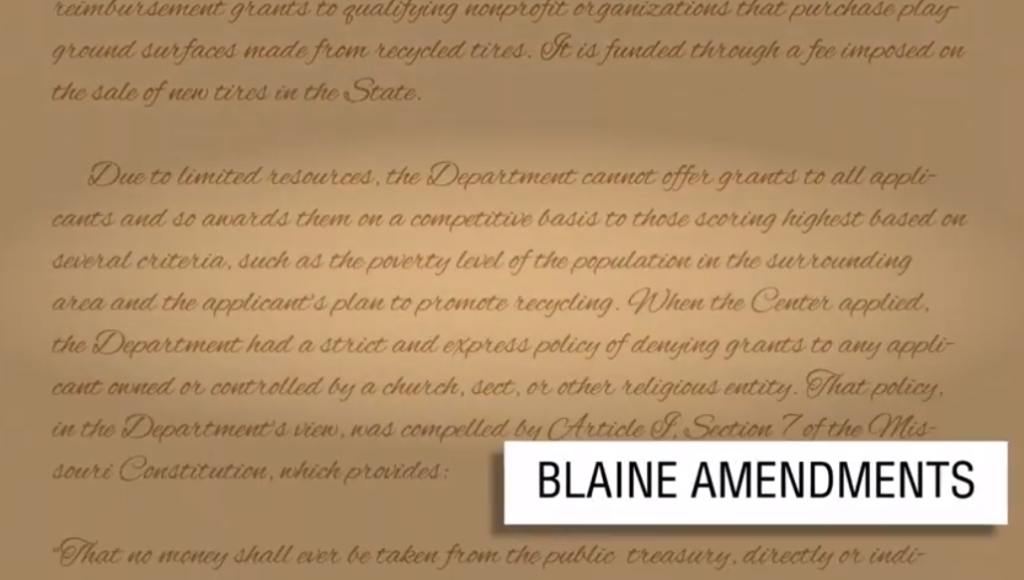 “Like to one more rich in hope.”
“Like to one more rich in hope.”
Twelfth Night, Shakespeare
The media are calling the long-awaited U.S. Supreme Court decision in Espinoza v. Montana Department of Revenue a victory for “conservatives.” The Court has liberated a few low-income Montana families from conscription by the state and the teachers union, and yet we hear this rescue is “conservative.”
It is, I concede, an act of conservation, preserving the basic legal authority of the poor over their own children. These parents are, to a limited degree, made free to participate in the great school market. It is a victory for the lower-income family – but conservative?
Could it be that our English language is, for this scenario, simply lacking in resource to describe the reality? If you don’t like the judicial outcome of some dispute, you are free to call it whatever you think will give it a black eye in your own intellectual neighborhood. Hence, “conservative” we shall hear.
Last week’s decision is a powerful, if very limited, reaffirmation of the basic constitutional right, authority, and power, even of low-income parents, to decide just what style and content of formal schooling their child will experience – what teacher we shall allow to instruct their child in the skills she or he may need and what version of human origin and personal perfection will be delivered to these young minds for whom we are so full of hope.
The decision reminds us that 95 years ago, a case titled Pierce v. Society of Sisters et al. gave America the basic precept that parents – not the State – have the authority to decide where Susie goes to school. But a fundamental problem has remained: If you are not well-off, how can you exercise that authority by paying tuition? And, if you can’t do so, will the government that makes school compulsory leave you helpless with no option but P.S. 42? Must Susie go where strangers – i.e., “the State” – decide to send her?
So far in history, government has shown little interest in assisting the exercise of your parental authority. The primary concern of its legislatures and its governors has been to keep the teachers union electing them.
The Montana decision will not by itself end this great shadow on human liberty and authority. But the majority opinion justifies hope for development of ever more radical motions (“conservative,” if you prefer). The majority opinion by the chief justice relies exclusively upon the First Amendment’s guarantee that “Congress shall make no law … prohibiting the free exercise” of religion, extended by the 14th Amendment to limit the states.
One can wonder (“conservatively”?) about the regimes of public schooling born of 19th century anti-Romanism by which schools became mandatory, but those elite who could afford it could, and still do, go private or religious at their choice.
Is it still constitutionally sound for a state to make schooling a parental duty, but then to protect choice only for the well-off? Will the Court let the inner-city “public” school last forever it its captive mission, thus saving the bacon for officers of the teachers union?
Talk to your state legislator – and stay tuned to the conservative Court.